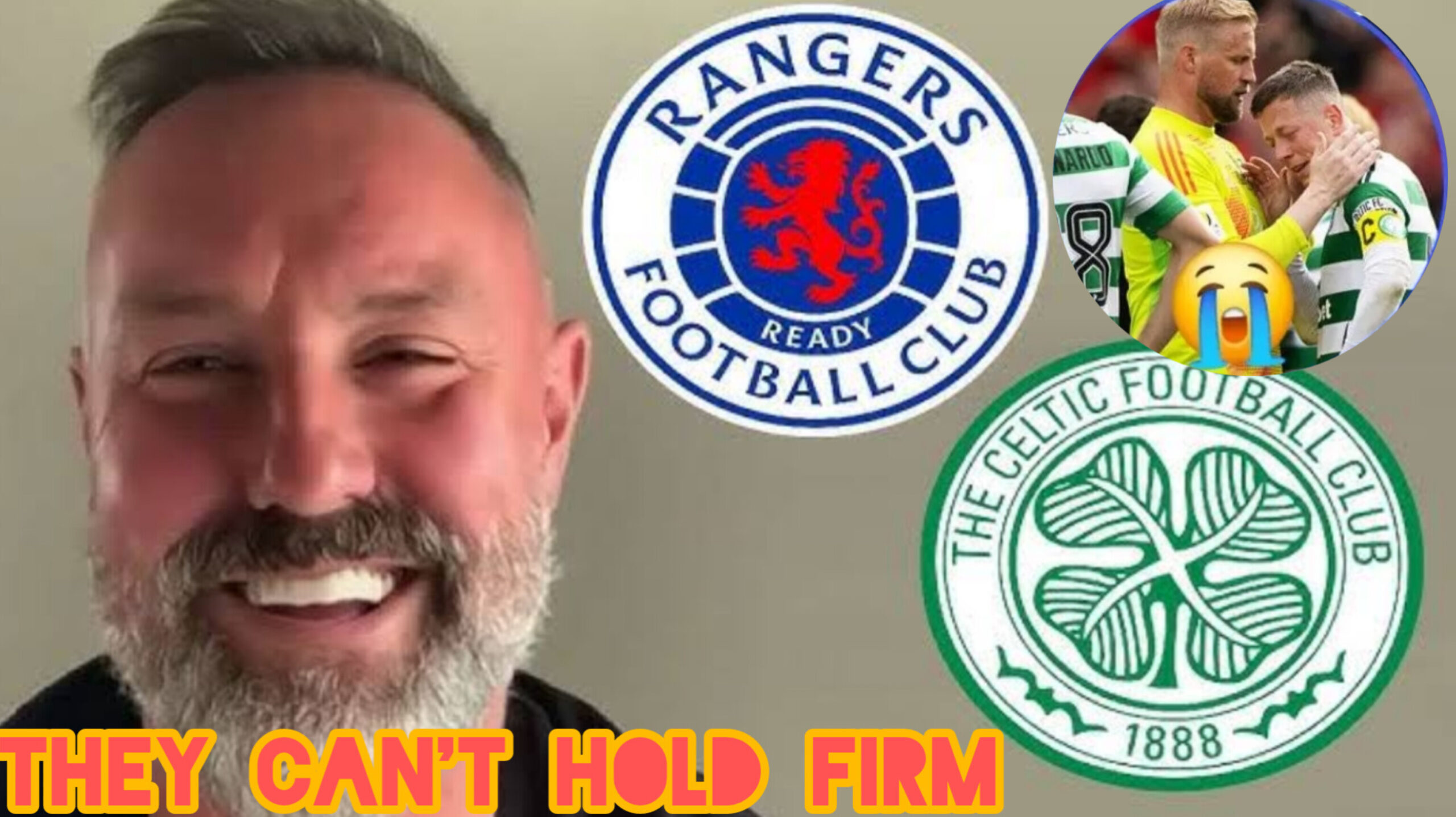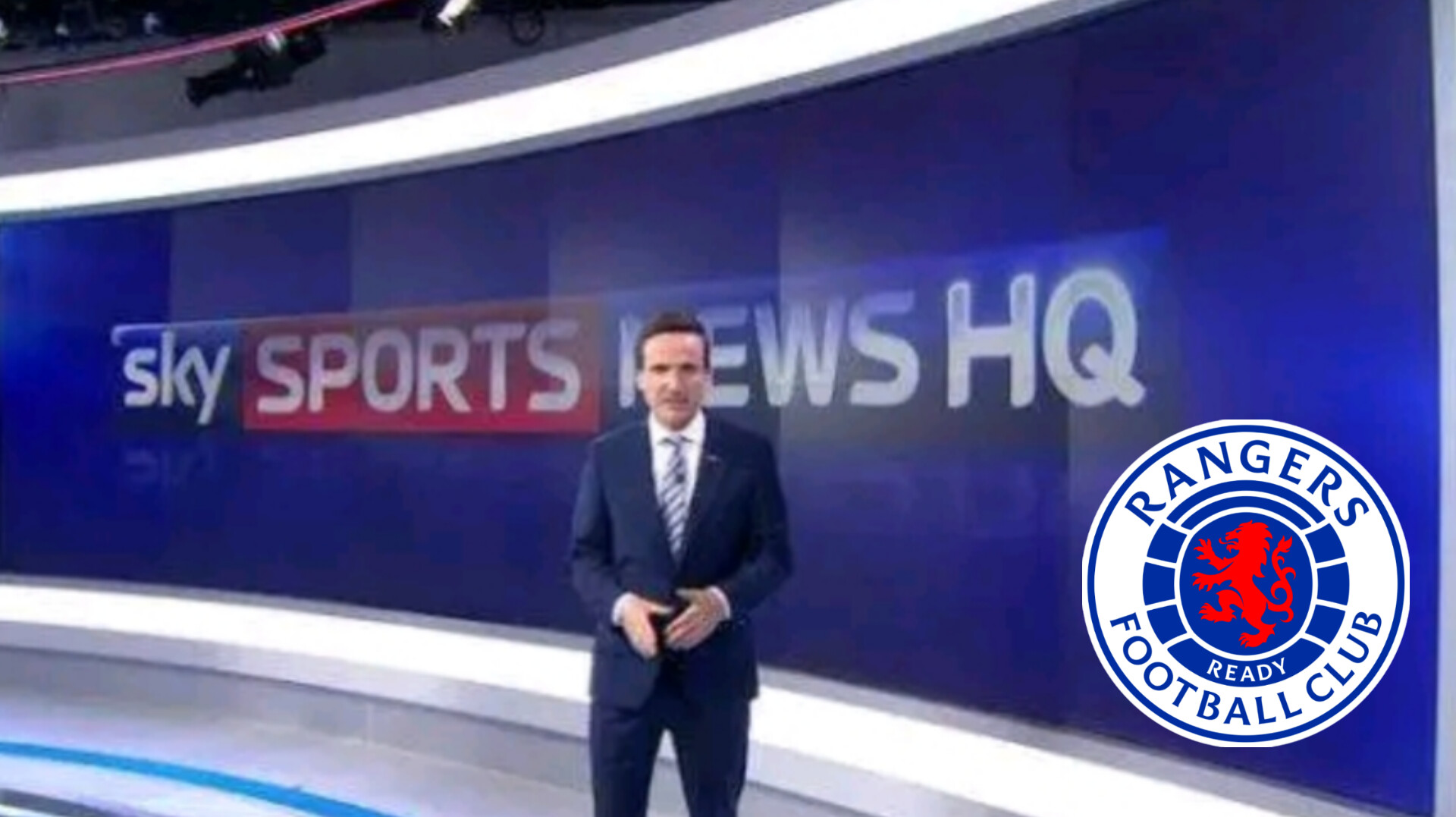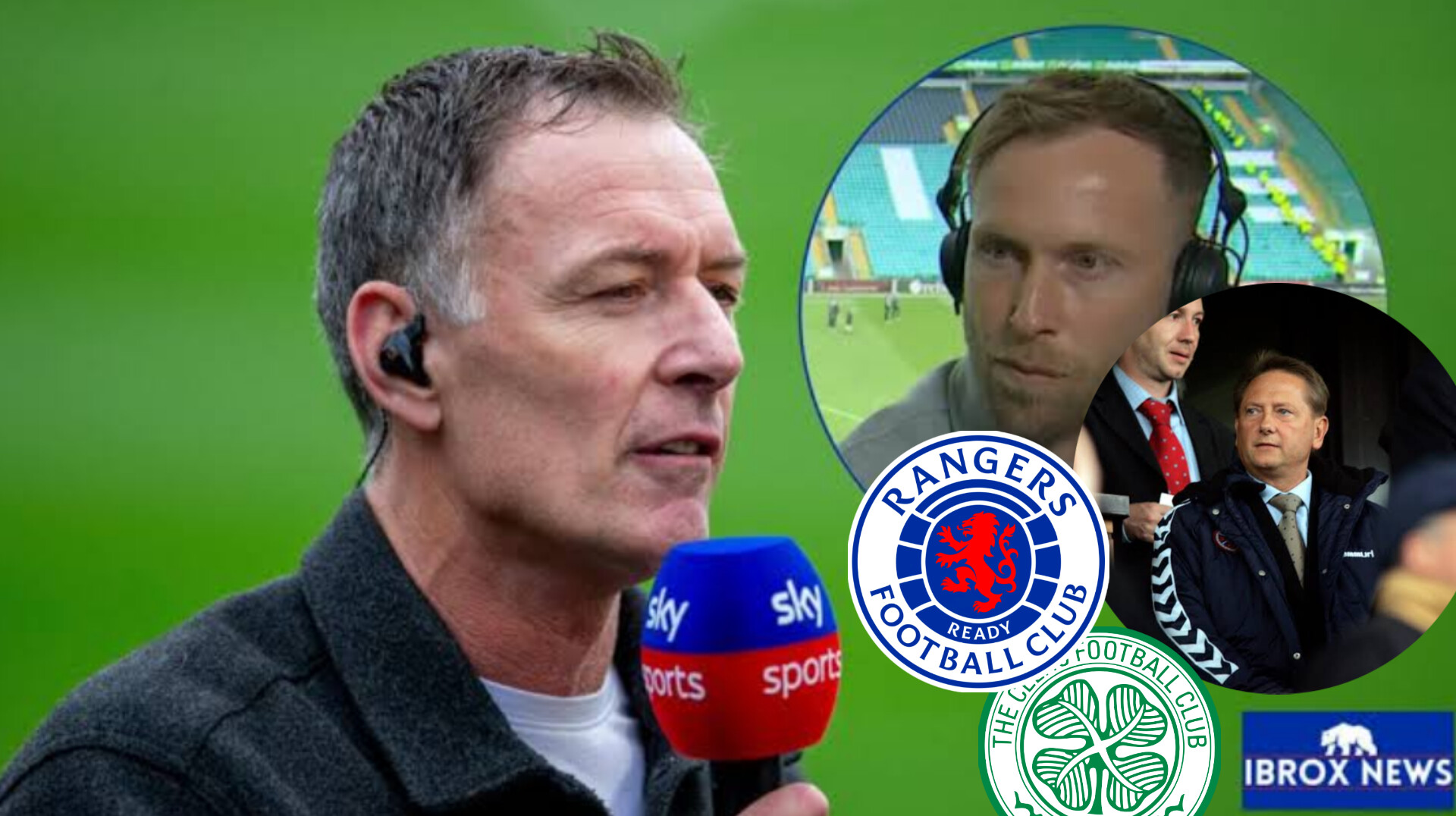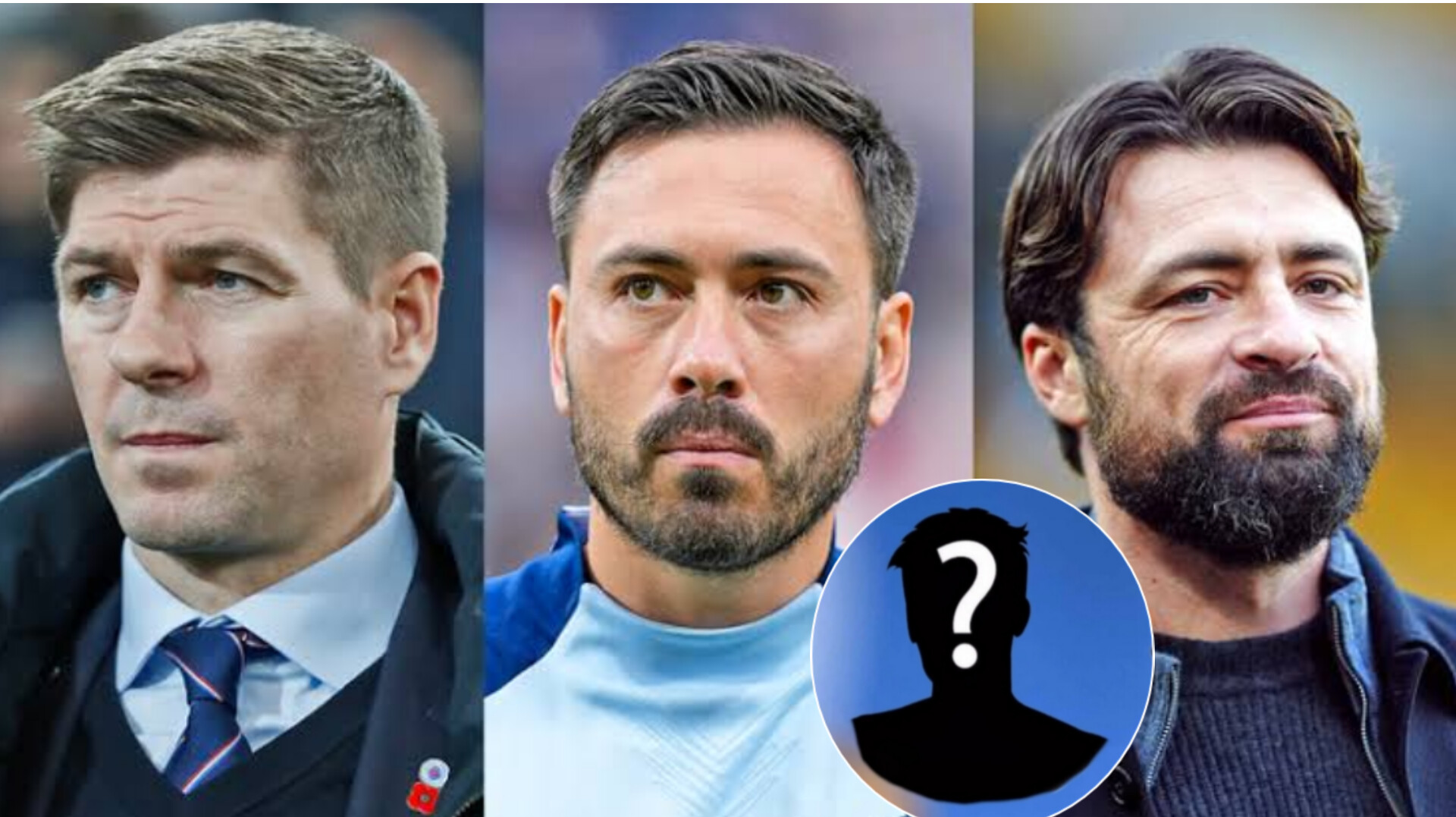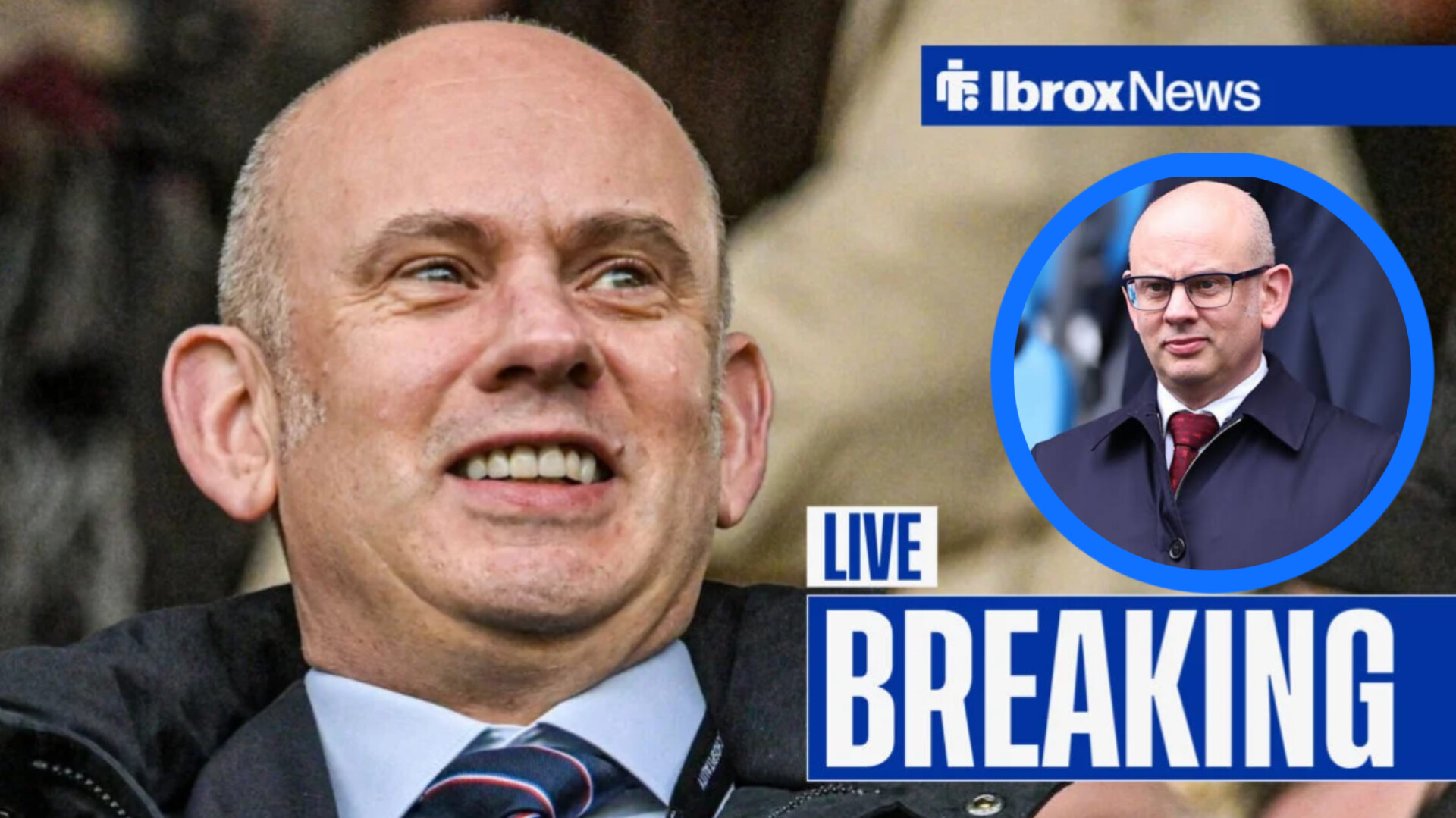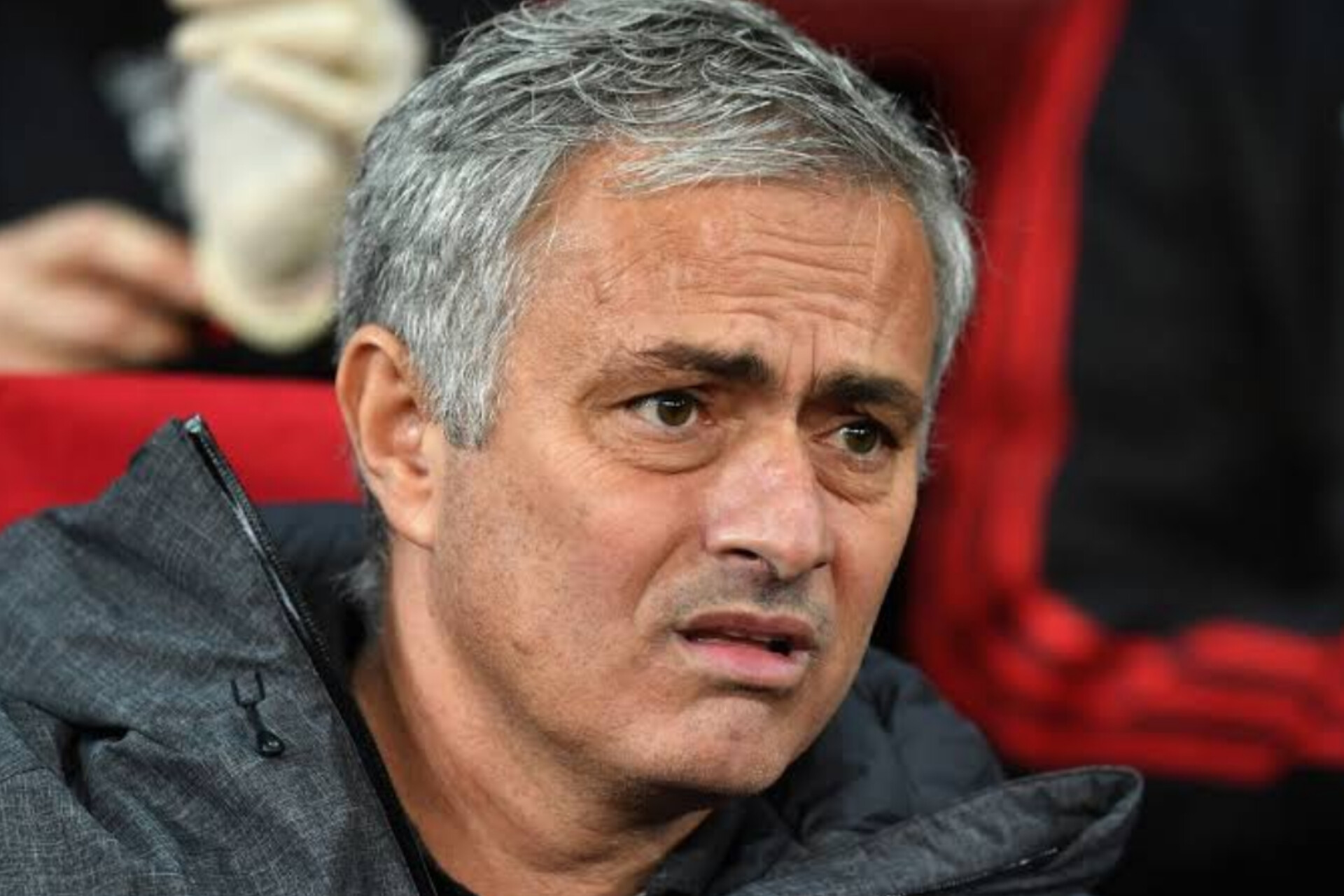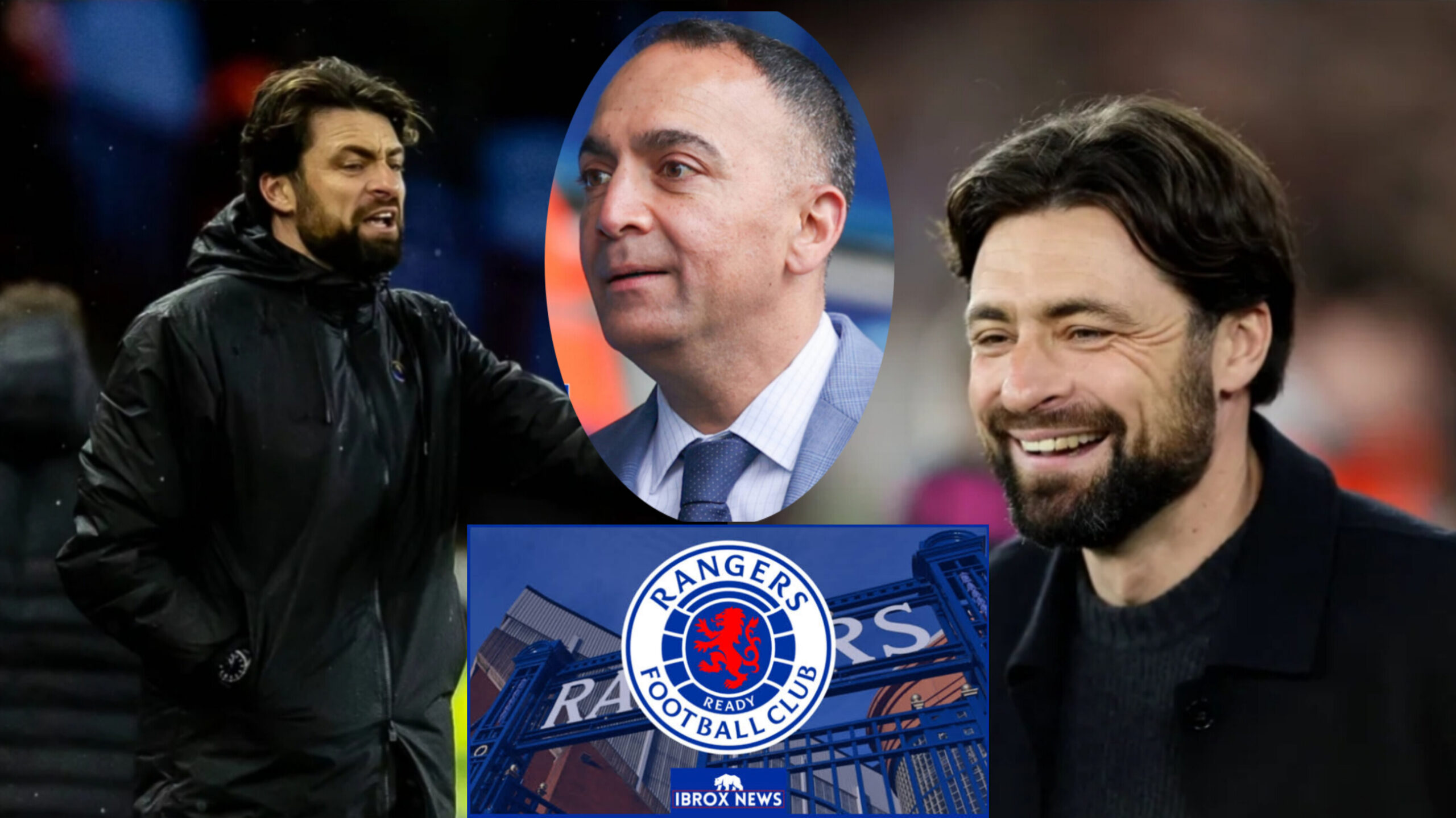Kris Boyd Reacts with Laughter to Celtic’s Defeat: Sparks Controversy Among Fans and Pundits Alike
Celtic’s recent defeat sent shockwaves through the Scottish football community—but no one seemed to enjoy it more than former Rangers striker and Sky Sports pundit Kris Boyd. The ex-Ibrox frontman didn’t hold back in his response to the Hoops’ slip-up, chuckling on air as he analysed the result, which has reignited debate around professionalism, bias, and banter in football punditry.
The incident occurred during live post-match coverage, where Boyd was part of a panel dissecting Celtic’s surprise loss. As the final whistle confirmed the result, Boyd was visibly amused, letting out a laugh that quickly went viral among Scottish football fans. His reaction was met with a chorus of cheers from the blue half of Glasgow, while it predictably drew ire from Celtic supporters and some neutrals who felt the display lacked professionalism.
Boyd, who has never hidden his allegiances, played for Rangers during some of the most heated phases of the Old Firm rivalry. Since retiring, he has carved out a successful punditry career, regularly offering commentary on Scottish football. However, his reactions often blur the line between honest passion and partisanship—something fans have come to expect.
**A Longstanding Rivalry on Full Display**
For many Rangers fans, Boyd’s laughter was cathartic. Celtic’s defeat, especially at a crucial juncture in the season, opened the door for Rangers to capitalise and perhaps swing the title race or secure bragging rights heading into the next campaign. To them, Boyd was simply expressing what they were all feeling—joy at their rival’s misfortune.
Yet others questioned whether Boyd’s behaviour was appropriate for someone in a supposedly neutral broadcasting role. Critics argued that such reactions feed into the notion of biased coverage and detract from the credibility of Scottish football media. Former players turned pundits are often emotionally invested in their former clubs, but the expectation remains that they should offer analysis that’s fair and measured—something Boyd arguably sidestepped with his reaction.
**Fan Reactions Split Down Rival Lines**
Unsurprisingly, Celtic supporters were quick to condemn the display. Social media was flooded with criticism, with many demanding that Sky Sports address what they deemed unprofessional conduct. “It’s a disgrace that a broadcaster allows such blatant bias on air,” one Celtic fan posted on X (formerly Twitter). Others echoed similar sentiments, accusing Boyd of turning football coverage into a pantomime.
In contrast, Rangers fans lapped it up. Memes, jokes, and celebratory posts circulated widely, many hailing Boyd as a “true Bear” and thanking him for “saying what we’re all thinking.” For a fanbase that has often felt underrepresented in media narratives, Boyd’s open allegiance is seen not as a flaw, but as a badge of honour.
**The Broader Question: Where is the Line in Punditry?**
The incident has reignited a wider debate around the role of pundits in modern football coverage. With ex-players increasingly becoming prominent voices on TV and radio, many are struggling to balance their loyalty to their former clubs with the impartiality expected in journalism.
Boyd isn’t alone in this. The likes of Roy Keane, Jamie Carragher, and Gary Neville often speak with their club allegiances clearly visible. But while this adds colour to the commentary, it also risks fuelling tribalism and undermining balanced discussion.
Sky Sports has not released a formal statement about the incident, and it remains to be seen whether Boyd will address the criticism publicly. However, given his track record and popularity among a key segment of the audience, it’s unlikely he’ll offer a heartfelt apology.
**Conclusion: A Moment of Laughter, A Mirror to the Divide**
Kris Boyd’s laughter at Celtic’s defeat was more than just a spontaneous chuckle—it was a moment that reflected the deep-rooted rivalry in Scottish football. Whether viewed as unprofessional or refreshingly honest, it captured the passions that make the Old Firm rivalry one of the fiercest in world football.
In the end, Boyd’s reaction will be remembered not for what it said about Celtic’s performance, but for what it revealed about the state of football punditry—and the ever-persistent tensions that define Glasgow’s footballing landscape.
